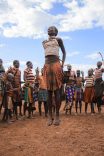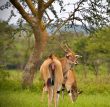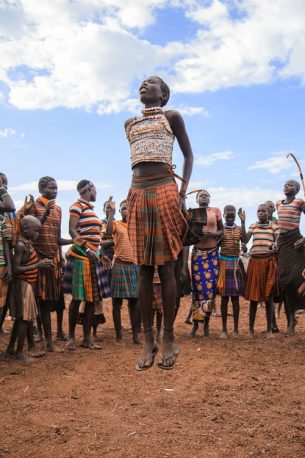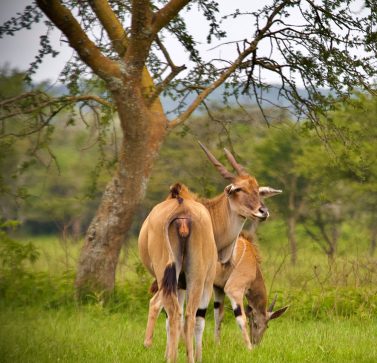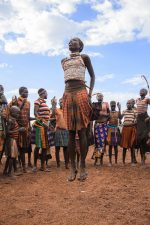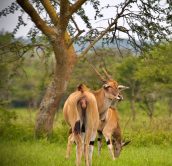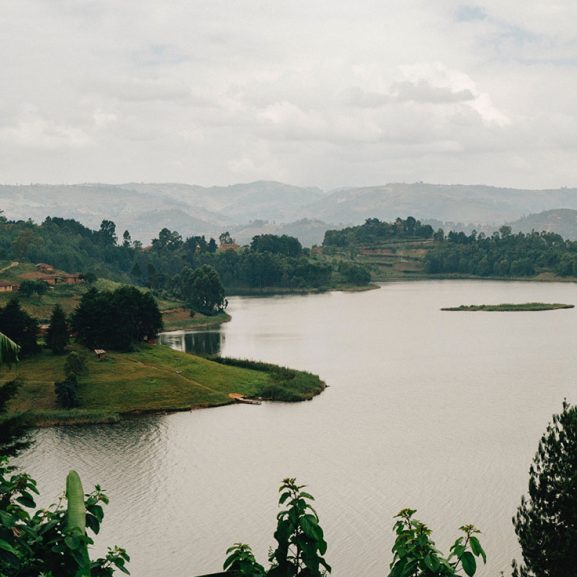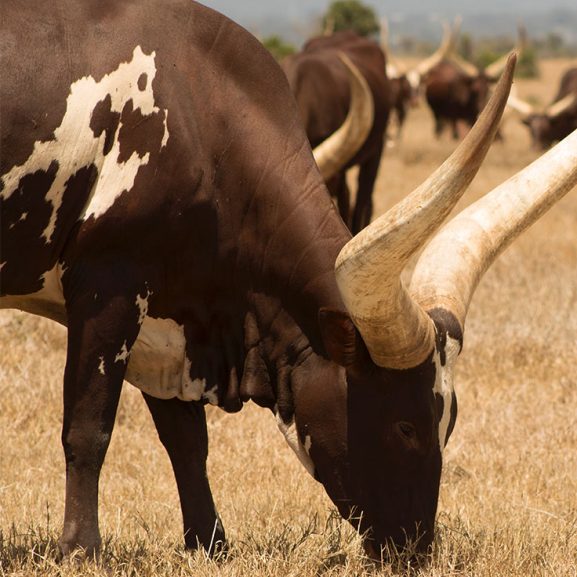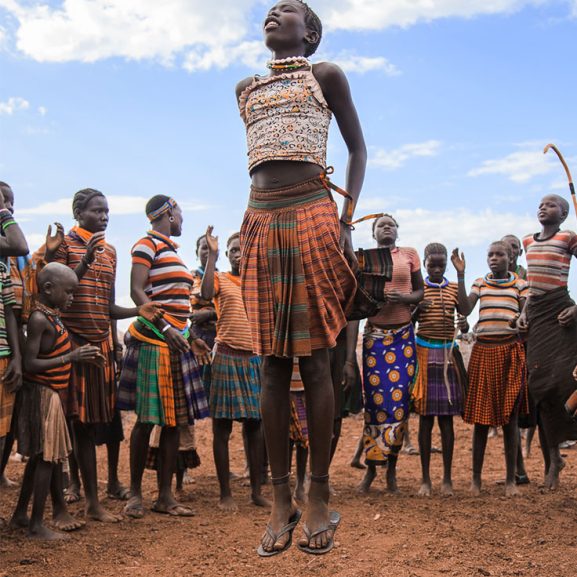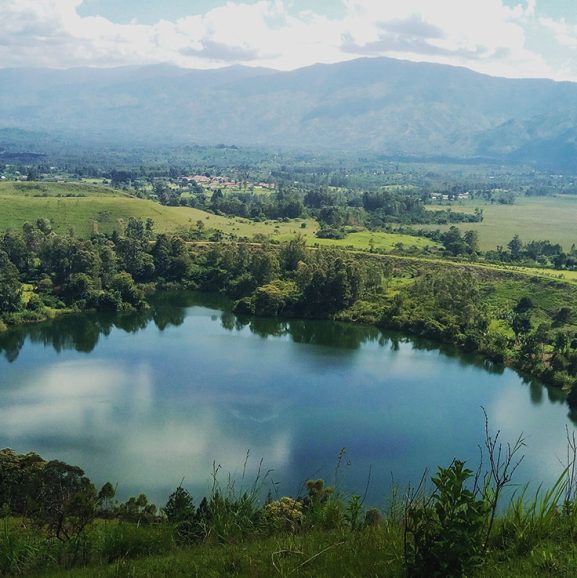Batwa Community Visit
The Batwa have a rich cultural heritage and a deep connection to the forest environment, relying on hunting, gathering, and some small-scale agriculture for their subsistence
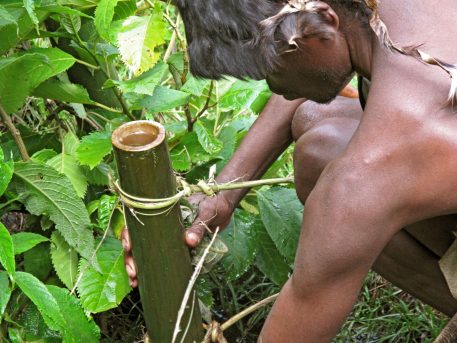
The Batwa Trail
The Batwa people are indigenous hunter-gatherer pygmy people who primarily inhabit the rainforests of Bwindi National park and Mghainga National Park. They are one of the oldest surviving populations in these regions, with a unique cultural heritage and lifestyle deeply intertwined with the forest.
Visiting the Batwa Community near Bwindi Impenetrable National Park can be a fascinating and enriching experience
The Batwa people, also known as the Twa or pygmies, are one of the indigenous groups in Uganda. They are traditionally hunter-gatherers who have lived in the forests of Uganda, Rwanda, Burundi, and the Democratic Republic of Congo for thousands of years.
In Uganda, the Batwa have historically inhabited the southwestern forests, particularly in the region around Bwindi Impenetrable National Park and Mgahinga Gorilla National Park. These forests are home to a significant population of endangered mountain gorillas, and the Batwa have coexisted with these animals for centuries.
However, their traditional way of life has been increasingly threatened due to conservation efforts aimed at protecting the habitat of the mountain gorillas. In the past few decades, the Ugandan government and international conservation organizations have established national parks and implemented strict conservation policies, which have resulted in the eviction of the Batwa from their ancestral lands.
The displacement of the Batwa has had significant social, economic, and cultural impacts on their community. Many Batwa have been forced to settle in marginalized and impoverished villages outside of the forests, where they face challenges in accessing education, healthcare, and livelihood opportunities. Additionally, their traditional knowledge of the forests and their ecosystem is at risk of being lost as younger generations become disconnected from their ancestral lands
How The Batwa People Live
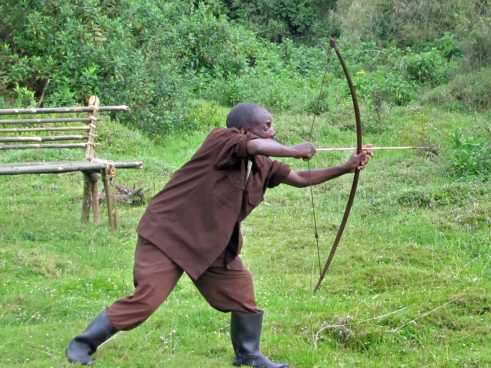
In 1991, Mgahinga and Bwindi were set up to protect the forests and animals, changing life for the people there. The Batwa, an indigenous group, didn't get compensated with land or money. They face discrimination and their rights aren't respected. Some own very little land, gotten from development agencies.
The Batwa weren't involved in decisions about the forests, leaving many landless or squatting on others' land. They now resort to begging, cheap labor, prostitution, and stealing to survive. Before, they lived comfortably in the forests, hunting and gathering.
Now, they're falsely accused of poaching gorillas, despite being the forest's original guardians. The Bantu people, who came later, caused more harm to the forests. While non-Batwa farmers got compensated for damaging the park, the Batwa received nothing.
The forests need protection, especially for gorilla conservation, which also helps the Batwa sustain themselves. They resort to illegal hunting due to lack of food options. The forest is vital to their culture, where they perform religious rituals.
In 2001, American missionaries helped the Batwa by providing land, schools, hospitals, and housing. They also set up projects for water, sanitation, and income generation.
Batwa Experience Highlights
- Hunting for Food
- Keepers of the Forest
- Building Social Ties
- Producing Crafts
Note this
- Client’s special requests can be arranged and catered for.
- There is a full day package or half day package (Morning or evening).
- Morning starts as early as 6.30am while evening is 4pm.
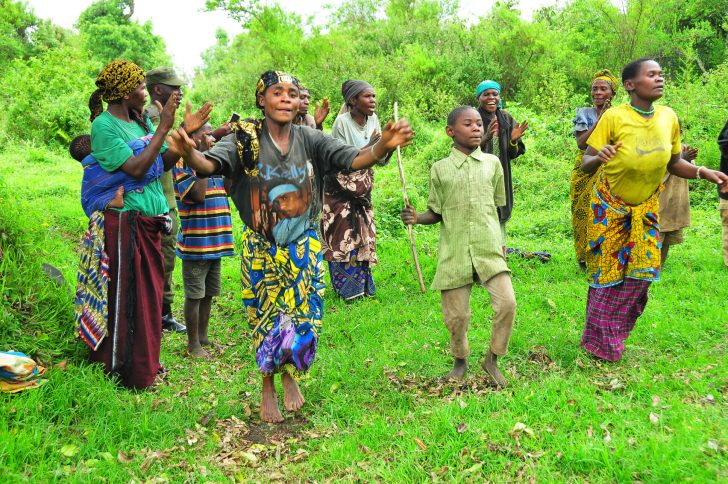
Experience the Batwa Culture
Experience the vibrant traditions of the Batwa people, exploring their customs, rituals, music, dance, and captivating storytelling during your visit.
Discover Heritage
Delve into the rich history and heritage of the Batwa, gaining insights into their traditional lifestyle of hunting and gathering, deep connection with the forest, and the challenges they've faced due to displacement from their ancestral lands.
Expertly Guided Tours
Join expert-led tours by our knowledgeable guides, fostering meaningful cultural exchanges and providing in-depth interpretation throughout your journey.
Engage in Traditional Activities
Get hands-on with traditional Batwa practices, from fire-making and arrow shooting to herbal medicine preparation and craft-making, offering a unique opportunity to witness and participate in age-old customs.
Explore the Forest
Kick start on a guided forest walks to learn about the Batwa's intricate knowledge of plant and tree uses, as well as their profound understanding of the forest ecosystem, adding an enriching dimension to your cultural experience.
Support Community Initiatives
Discover Batwa-led projects promoting sustainable livelihoods, education, healthcare, and cultural preservation, and contribute through donations or by purchasing locally crafted souvenirs, directly supporting community empowerment.
Respectful Engagement
Approach your visit with reverence and sensitivity, honoring the cultural practices and beliefs of the Batwa people, and follow the guidance of your tour guide to ensure respectful interactions throughout your experience.
Sustainable Tourism Impact
By participating in Batwa community visits, you play a vital role in fostering sustainable tourism practices that uphold indigenous livelihoods and preserve cultural heritage for generations to come.
Explore Uganda's diverse cultural heritage through our exceptional Uganda Cultural Safaris
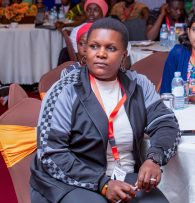
Connect with Tradition
Our team of travel experts is eager to begin crafting your ideal Uganda adventure
ENGAGE with our travel experts
+256 701 958 630
©2024 Rohimo Tours & safaris | Crafted by Robylinks Solutions

